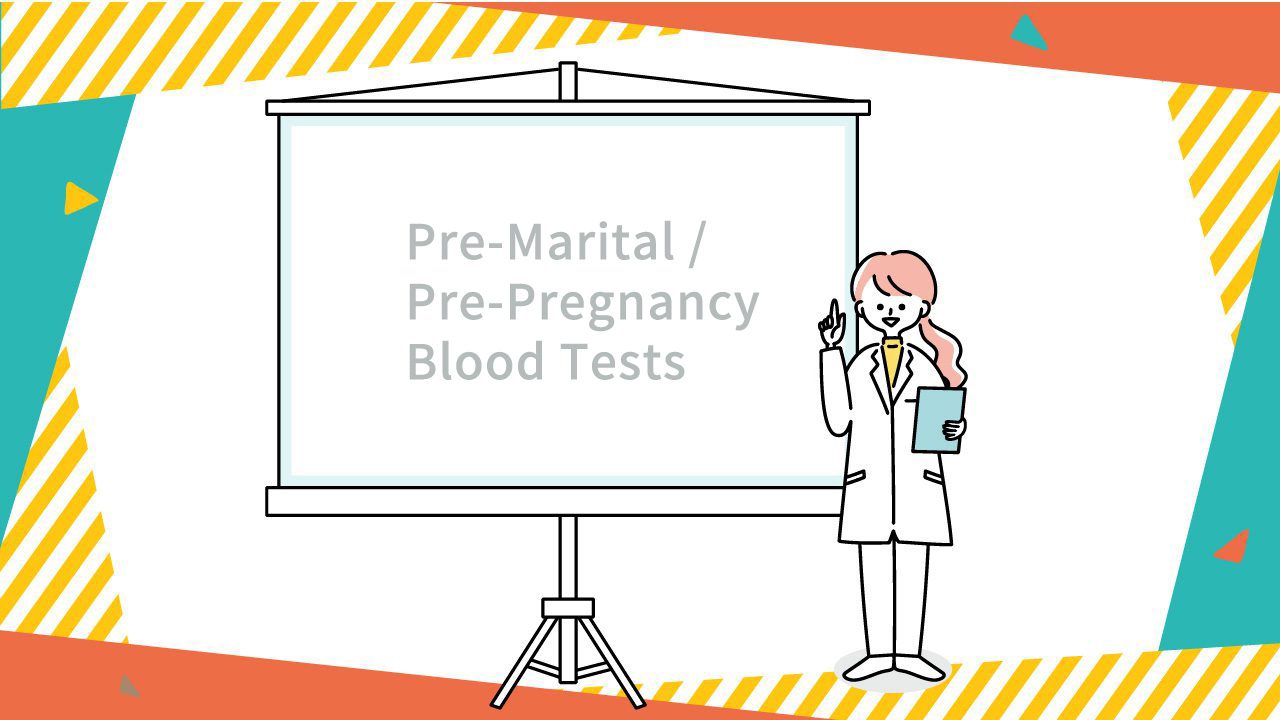General Advice for the Couple
- Couples are advised to have regular sexual intercourse around 2 to 3 times a week. With regular sexual activity, the likelihood of seizing the optimal time for conception at around the time of ovulation is very much increased. Daily monitoring of the woman’s basal body temperature (BBT) has not been shown to be effective in helping women to conceive. This method is therefore discouraged.
- Smoking is not only detrimental to the general health of both men and women, it can also affect the fertility of both, particularly that of the men. Couples trying to conceive should stop smoking altogether, or at least should reduce the amount of cigarette smoking.
- Excessive alcohol intake may impair men’s sperm count and activity. In women, it may affect their fertility; and if pregnant, may lead to abnormality of the baby. Men should reduce their drinking to not more than 2 alcoholic drinks a day. For women, the recommendation is not more than 2 alcoholic drinks a week. (Note: One alcoholic drink is approximately equal to half a pint of beer, a single measure of spirit or a glass of wine.)
- Zika virus is mainly transmitted to human through the bite of an infected Aedes mosquito. Zika virus can also be transmitted through sexual intercourse, blood transfusion or from mother to baby. The World Health Organization has concluded that Zika virus infection during pregnancy (at any trimester) can result in microcephaly (smaller than normal head size) and other congenital malformations in the infant, collectively referred to as Congenital Zika Syndrome. Microcephaly is caused by underlying abnormal brain development or loss of brain tissue. Child outcomes vary according to the extent of the brain damage. The risk of congenital malformations following Zika virus infection in pregnancy remains unknown and is estimated to be 5-15%. Congenital malformations occur following both symptomatic and asymptomatic infections.
The Department of Health and the Hong Kong Council on Human Reproductive Technology of HKSAR advise that pregnant women and women preparing for pregnancy should not travel to areas with Zika virus transmission (affected areas). In order to avoid sexual transmission, travellers should consider not having sex during travel to affected areas, or else condom should be used. Male and female travellers returning from affected areas should consider abstinence from sex for at least 3 months and at least 2 months respectively upon return, or else condom should be used. Pregnant women should not have sex with her partner who had travelled to affected areas, or else condom should be used throughout the pregnancy.
More information about Zika virus infection can be obtained from the website of the Department of Health
A list of areas with Zika virus infection can be found at:
https://www.chp.gov.hk/en/features/43209.html
https://www.gov.uk/guidance/zika-virus-country-specific-risk#atoz
Advice for the Female Partner
- Women who are trying to conceive should take folic acid supplementation at a dosage of 0.4mg every day, and continue to do so until they are 12 weeks pregnant. This vitamin helps to reduce the occurrence of spinal defect and related problems in the baby. Some women need to take a daily dose of 5 mg of folic acid: the woman has had a previous pregnancy affected by Spina Bifida; either the woman or her partner has Spina Bifida; the woman is taking certain medications for epilepsy; the women is obese and her BMI is ≥30 kg/m2; or the woman has sickle-cell anaemia or thalassaemis, and in this case the higher dose of folic acid will also help to prevent and treat anaemia.
- Women who are excessively overweight are advised to lose weight in a gradual manner in order to enhance their fertility. For those who find it difficult to reduce their weight, referral to dietitian can be arranged.
Advice for the Male Partner
For men who are found or suspected to have low or poor sperm count, they are advised to avoid situations or clothing which may increase the temperature around their scrotum / testes. Loose fitting trousers and underwear are beneficial in this respect.






